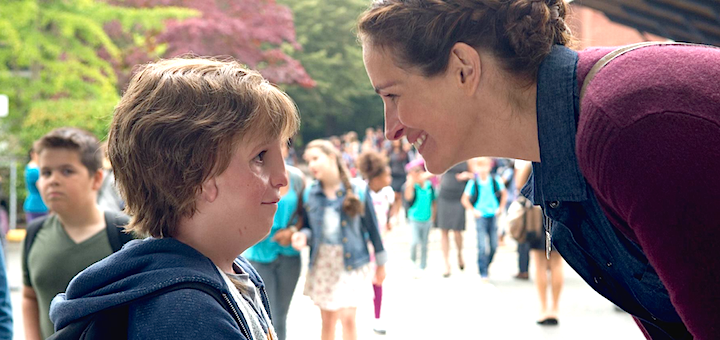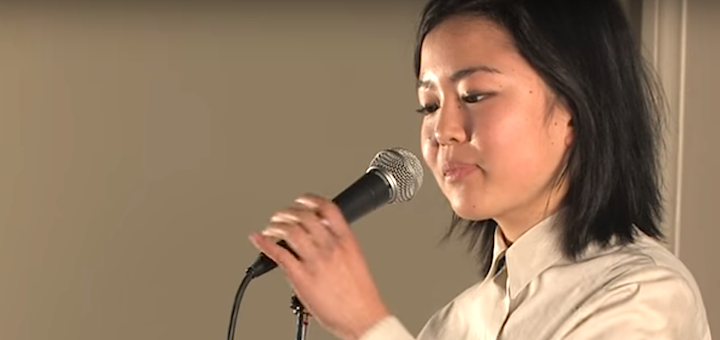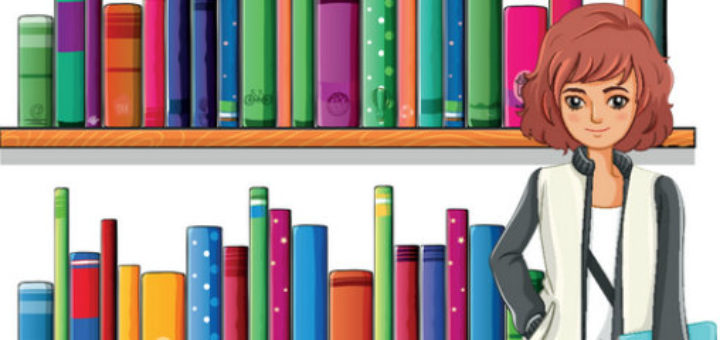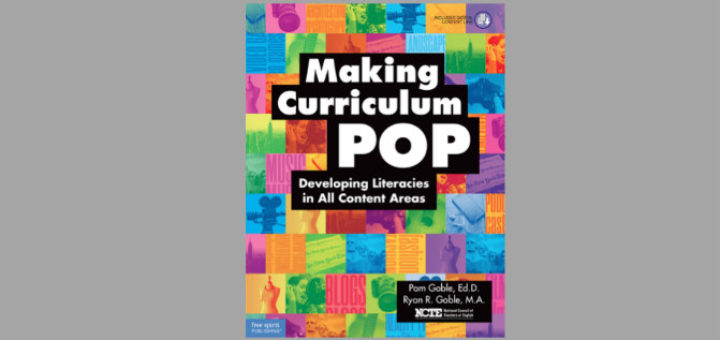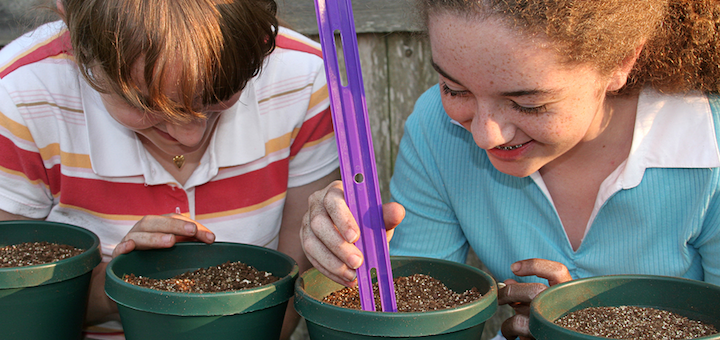Teaching and learning in grades 4-8
Catherine Collier’s strategies for building a multi-tier system of support (MTSS) fit into the planning, implementation, and monitoring of interventions to meet the needs of all students. Educator Rita Platt finds the RTI-focused book a useful addition to teachers’ resource shelf.
No one knows for sure whether there will be actual war with North Korea, but talk about the potential conflict abounds on TV and in social media. Media literacy expert Frank W. Baker calls on teachers to help students learn how to identify trustworthy news sources now.
Cheryl Mizerny has launched a year-long Kindness Classroom project with her all-girl sixth graders. Learn about Sept-Nov plans to strengthen peer relationships, develop positive mindsets, and practice empathy – including activities that anticipate the new Wonder movie.
History teacher Sarah Cooper is enthusiastically barreling into the year with a totally untried project. It asks eighth graders to research a current issue in the news that they’re passionate about, then write and film their own spoken word poem. What could go wrong?
As she introduces the idea of symbolism with their first read-aloud of the year, Mary Tarashuk finds a new way to teach her fourth graders about choices. She’s calling this discovery “harnessing the power of paper airplanes.” It’s a great formative assessment tool, too.
National Bullying Prevention Month begins October 1. Throughout the year MiddleWeb’s collection of anti-bullying resources from educators, nonprofits and agencies can help teachers and schools respond to bullying and cyberbullying, both of which peak in middle school.
As the girls (and other kids) in your classes navigate the complicated, often contradictory messages our society sends as they grow from children into independent adults, they will appreciate the kinds of support “Untangled” will enable you to offer, says Bill Ivey.
In Making Curriculum Pop, Pam Goble and Ryan Goble have done exactly what harried teachers need most: provided a raft of templates for student work as well as grounded the notions of textual exploration in proven research and thoughtful theory, says Kevin Hodgson.
Debbie Silver and Dedra Stafford offer a detailed look at social-emotional learning in Teaching Kids to Thrive. Veteran teacher David Bever finds the up-to-the-minute research coupled with extensive strategies a winning combination for boosting SEL practice.
What can science teachers do in the first weeks of school to get students intrigued, energized, and focused on science studies all year long? Using an NGSS framework, veteran middle grades teacher and science specialist Kathy Renfrew shares some of her favorite ideas.



